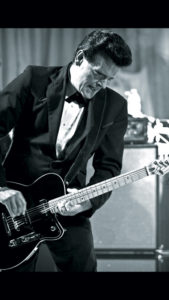Following a string of attacks on bus drivers and other safety disputes, members of Amalgamated Transit Union (ATU) Local 689 brought its concerns to the Washington Metropolitan Area Transit Authority (WMATA) board meeting. Representing 9,200 frontline workers, Local 689 has said that employees will stop working if they encounter what the union believes are unsafe working conditions.
“Metro uses any excuse they can to take you away from the narrative that we are working in unsafe conditions,” says ATU Local 689 President Jackie Jeter. “If I am a worker and I encounter an unsafe situation, I should have the right to take myself out of that situation until safety is procured.”
Local 689 and Metro management negotiation reached an impasse this summer—more than a year after the previous four-year deal expired. It will now be up to an arbitrator to settle the dispute over wages and benefits.



